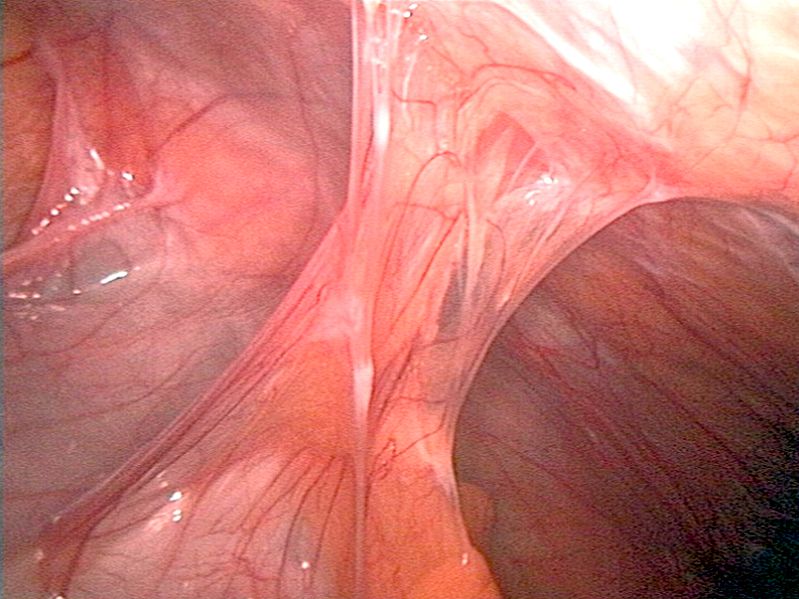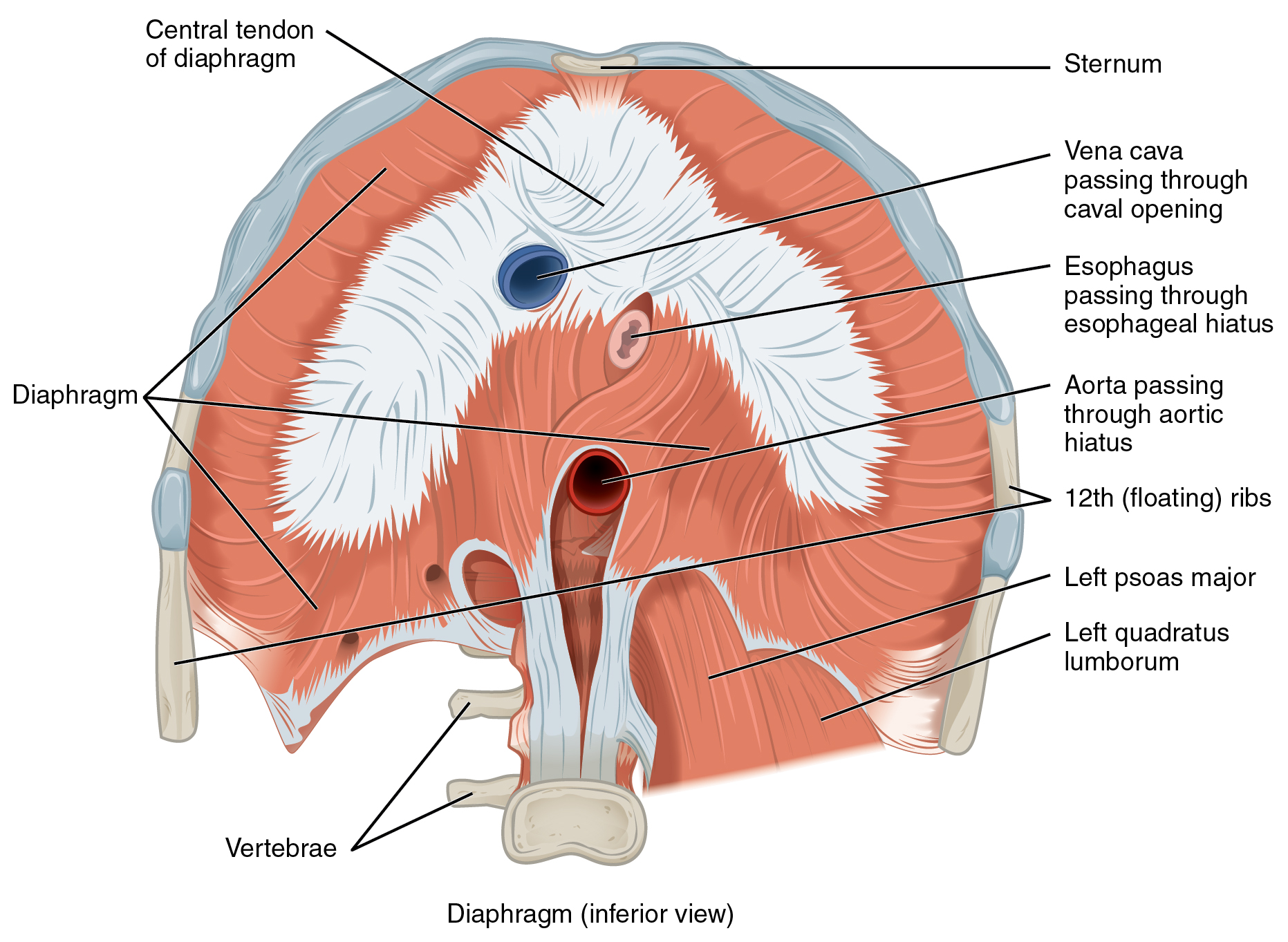Effect of soft tissue mobilization on adhesion-related pain and function in the abdomen
Abdominal adhesion is a common complication following a major surgery, which can develop between abdominopelvic structures following surgery. Postoperative adhesions commonly present chronic abdominal pain and can lead to bowel obstructions, infertility, pain, and the need for further operations. A past study showed that manual therapy immediately postoperatively can prevent the formation of postoperative adhesions.
An article in Journal of Bodywork and Movement Therapies aims to find out evidence on the effects of soft tissue mobilization on both surgical and non-surgical abdominal adhesion-related symptoms.
The authors conducted a systematic review of the literature from scientific publication database. Nine studies satisfied the eligibility criteria for this systematic review. The studies’ population age ranged from 10.7 to 89.4 years. Four articles were non-randomized with lower quality scores. Five articles were randomized controlled trials or comparative with a higher quality score. The review found:
- Five studies used pain as an objective measure, and all of them reported a decrease in pain after treatment.
- Two studies looked at the quality of life and function, and both saw objective improvements following abdominal adhesion treatment.
- Collectively, there were also improvements seen in scar mobility, infertility, posture, a reduction in medication, increased pressure tolerance, and decreased postoperative ileus.
The authors concluded that this review indicates that soft tissue mobilization:
- strong preliminary evidence for the benefits on symptoms relating to acute post-surgical adhesions.
- moderate preliminary evidence for the benefits on symptoms relating to chronic non-surgical related adhesions (fertility and small bowel obstruction) and
- moderate evidence for the benefits on symptoms relating to chronic post-surgical adhesions.



